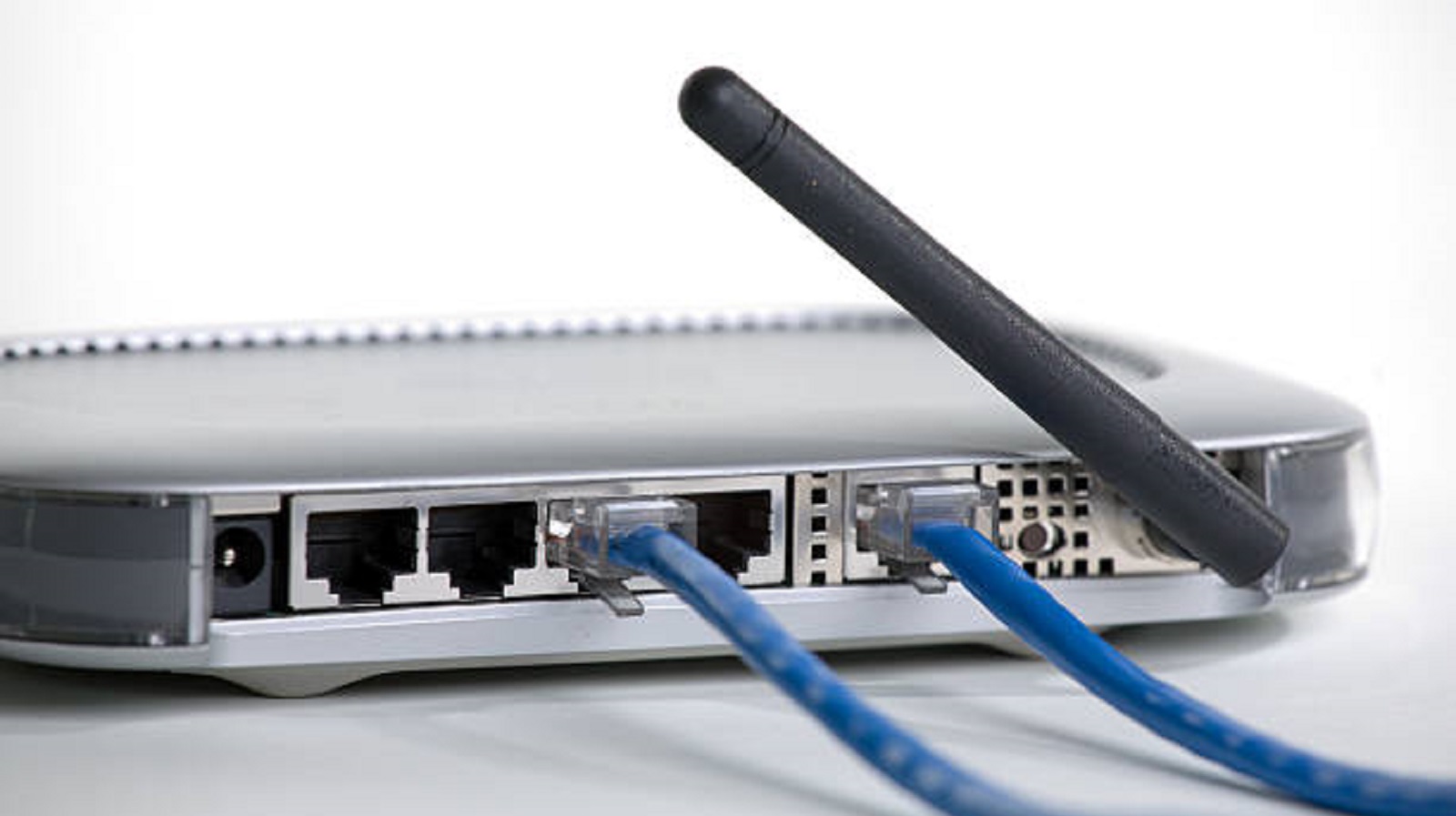Top 10 Wireless Router Manufacturers in the World
The article highlights the top 10 wireless router manufacturers, including Cisco, Netgear, and TP-Link, emphasizing their performance, features, and target markets.
In the digital age, a dependable wireless router will be considered the cornerstone in any home or office, connectedly speaking. Driven by increasing demand to have fast and stable connectivity to the internet, the market also expands massively for wireless routers. Within this paper, we introduce the top 10 most prominent manufacturers of wireless routers that are considered leading companies when it comes to cutting-edge technology and innovation.
Cisco
Cisco is a well-known company in network technologies. With a reputation for high-power routers, Cisco targets enterprise and business customers more often than not. The high performance, strong security capabilities, and rich management capabilities of their routers are factors that make them widely employed in corporate networks.

Netgear
Netgear is a household name when it comes to consumer networking equipment. With a wide array of routers intended for use in both home and SOHO environments, they are known for having pretty friendly user interfaces and being generally reliable. Most of the models have parental controls, guest networks, and very easy setup.
TP-Link
TP-Link will no doubt hold the leading position on global market shares, especially considering that these features arrive in a pretty cost-efficient manner. These range from the most basic models in their product portfolio to a high-end router with newly developed technologies like Wi-Fi 6, Mesh networking, and even advanced security protocols.
Asus
Apart from being a computer hardware leader, Asus is also a well-known brand in the field of networking. Its routers are highly popular among gamers due to features such as low latency, high throughput, and gaming-specific optimizations. Further, innovative and sleek designs make them more attractive, together with powerful performance.
D-Link
With a strong foothold in the network equipment market, D-Link places strong emphasis on solution provision for both home users and business. Its routers are cost-effective, with a mix of basic to advanced features intended to meet varied connectivity requirements across different regions.
Linksys
Linksys, which Belkin acquired in 2013, is still one of the more popular brands offering reliable and easy-to-operate routers. It's been among the first to release technologies such as mesh networking and tri-band support, greatly improving both performance and range, particularly in larger homes.
Huawei
Huawei has rapidly expanded its influence in the telecom equipment sector, covering wireless routers. They enjoy a good reputation for original designs and the implementation of the latest technologies, largely for smart home implementations and connections to IoT devices.
Xiaomi
The company is a well-known manufacturer of network devices and has recently decided to extend its product portfolio beyond just smartphones. Generally, Xiaomi offers high-spec routers at very decent prices, sometimes with smart home ecosystem support and features that reflect the latest technological trends.
Zyxel
Zyxel is among industry leaders, specializing in broadband solutions and networking hardware. Primarily, Zyxel routers have always stood for powerful and stable performance, which, from time to time, placed them in the business sphere by offering functionality that meets broadband enhancement and enterprise network management.
Ubiquiti Networks
Ubiquiti Networks have managed to niche a market with professional-level networking equipment. Their routers are most liked by users at the advanced level and pros who want deep control of network settings, performance monitoring, and secure deployment options.
Comparison of Top Wireless Router Manufacturers
A lot comes into play when choosing a wireless router: performance, features, price, and intended use. Herein, we will compare these top manufacturers based on the key aspects to help you in making a well-informed decision.
Performance and Speed
Cisco: Basically meant for enterprise-level demands with exceptional speed, stability, and higher-end routing features; suitable for corporate usage.
Netgear: Has been noted to offer very good speed and commendable performance, especially in its consumer-grade models.
Asus: High-speed routers, especially for gamers, have settings like QoS, which is customizable. TP-Link: It gives a decent balance between performance and price. The high-end versions can be very competitive in terms of speed.
Features and Technology
Linksys: Pushes the envelope by providing mesh networking and tri-band support to extend coverage while minimizing dead spots.
Huawei: Specializes in smart home and IoT integration, offering seamless connectivity between devices.
Xiaomi: Supports smart homes and is often easily integrated with other Xiaomi products using app-based controls.
Ubiquiti Networks: Well-known for professional-grade features, which appeal to more advanced users who want heavy control.
Price Range
TP-Link, Xiaomi: Strong on the price front, offering feature-rich routers at competitive prices, thus suiting budget-conscious buyers very well.
Netgear, D-Link: Offer a wide range of products to suit every price bracket, hence they are good for both budget-oriented and performance-oriented users.
Cisco and Ubiquiti Networks: These are on the higher price spectrum and are targeted at enterprise and professional users who need robust and scalable solutions.
Target Audience
Cisco and Ubiquiti Networks: Businesses and advanced users who require complex networking solutions.
Netgear and Asus: Gamers and tech-savvy home users because of high performance and gaming-focused features.
TP-Link, Xiaomi, and D-Link: Suitable for simple users and small businesses where spending less is the concern while not compromising on necessary features.
Linksys and Huawei: A middle ground of consumer and smart home power users, providing features for enhanced connectivity and integration in the modern smart home setting.

The choice of a wireless router maker should be in line with your needs and budget. Enterprises that need comprehensive and robust networks might lean towards Cisco or Ubiquiti Networks, while home users and gamers might prefer options from Asus or Netgear for their performance features. Those looking for more affordability without sacrificing key functionalities might find TP-Link and Xiaomi quite attractive.
Each brand is best in different fields, so consider what aspect-performance, features, price, or compatibility-is most critical for your situation. These differences will help in picking the right router to suit your connectivity needs.
Hot Tags:
Contact us

If you can't find what you're looking for, please contact us.
Article

Wireless routers are essential for modern connectivity, evolving from simple devices to feature-rich gates to the internet, supporting multiple applications with Wi-Fi 6.

Effective power PCB design ensures high current handling, noise control, thermal management, and safety through specialized layout techniques and component selection.

USB Host Shields expand microcontroller functionalities by enabling USB connectivity, crucial for applications in DIY projects, IoT, and prototyping environments.